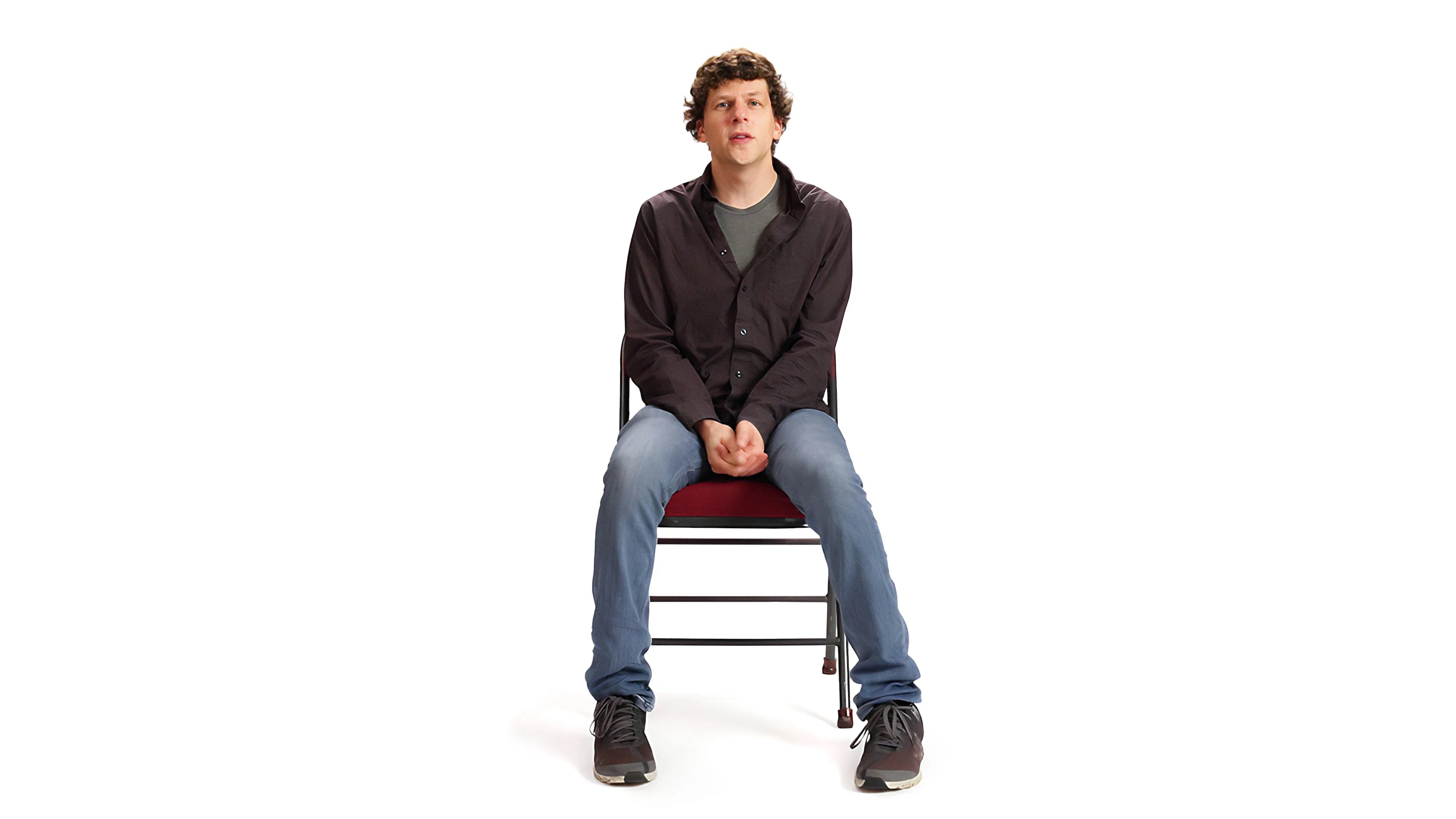3 types of Schadenfreude and when you feel them

- A new model of schadenfreude suggests that there are three sub-types of “harm-joy.”
- The study also suggests that depersonalization, the ability to view others as less than human, is the key element of schadenfreude.
- The model could lead to a deeper understanding of schadenfreude and psychopathic traits.
Most people would probably deny it, but everybody has felt a bit of joy at the pain or failure of another person at least once. Think back to when a person you don’t like had a misfortune, when the coworker you envy missed a deadline, or when your stupid neighbor opened a store for left-handed people and nearly went broke. Admit it, you smiled a little to think of them falling flat.
This sensation of feeling joy at other people’s misfortune is called schadenfreude and means “harm-joy” in German. Lots of people experience it, but our understanding of it is still a bit spotty.
The three-part model
A group of psychologists at Emory University have proposed a new three-part model to explain schadenfreude. Their proposal, published in New Ideas in Psychology, suggests that the motivation behind the feeling is important and that an element of viewing others as less than human is often at play.
Drawing upon decades of work, the researchers suggest that three different motivations can drive the feeling of schadenfreude; aggression, rivalry, and justice.
Aggression based schadenfreude involves group identity. Often, improving the group you’re in can require the defeat of other groups. This kind of Schadenfreude is the one you might feel when your favorite team’s rival loses a game to somebody else and can’t make the playoffs, even though your team is already long out of the running.
Rivalry based schadenfreude is similar but distinct. This one is tied to individual achievement and jealousies. It occurs when you go out of your way to do better than another person, such as when you make a move in a game that improves your lead over one player in particular, but that doesn’t help you otherwise. Like when you play The Settlers of Catan with somebody and place a settlement right where they wanted to build one, even though there was a better option for you.
The third kind is justice based and revolves around the joy we feel when somebody who we think deserves some comeuppance, say a successful person who we all know robs, cheats, steals, and overcharges for lifesaving drugs who then goes to prison.
Who is most likely to feel Schadenfreude?
While everybody has a little every now and again, the literature showed that people with the traits of Machiavellianism, narcissism, or psychopathy, together known as the “dark triad,” feel schadenfreude more often. This is also true for the sadistic and cruel.
The researchers propose that feeling schadenfreude requires us to dehumanize the person whose failure we are laughing at. People with any of the dark triad traits would be practicing that dehumanization already. Lead author Shensheng Wang explains how:
One possibility is that when people experience Schadenfreude, they undergo a [temporary] process similar to that experienced by individuals with high levels of psychopathic personality traits: motivated by certain situational and to a lesser extent dispositional variables, the perceiver tends to dehumanise the victim, temporarily losing the motivation to detect the victim’s mind, much like a psychopath
They further suggest dehumanization might be the fundamental aspect of this emotion, though further research is needed before that can be proven.
The researchers also explained that people with low self-esteem are more likely to feel schadenfreude when they see other people fail. This is because the success of others can be a threat to their sense of self and seeing the mighty fall can be a comfort.
So, am I a psychopath for feeling Schadenfreude?
Not at all. Explaining another study on schadenfreude, Dr. Mina Cikara explained that “A lack of empathy is not always pathological” and that schadenfreude is “a human response and not everyone experiences this. But a significant portion of us do.” You might want to be worried if you feel it regularly, but a little smirk at the failure of somebody you envy every now and again doesn’t mean you’re turning into a monster.
How can we use this model?
It is human nature to feel envy and feeling schadenfreude can be a part of that emotion. Knowing that this familiar feeling is tied to some of the darker elements of human nature can give us insights into how the darker side of the human personality relates to emotions we all have.
Dr. Wang explained the potential benefits of the study by saying, “By broadening the perspective of schadenfreude, and connecting all of the related phenomena underlying it, we hope we’ve provided a framework to gain deeper insights into this complex, multi-faceted emotion.”
So don’t feel too bad for feeling a little schadenfreude every now and again, but beware of doing it too much.





